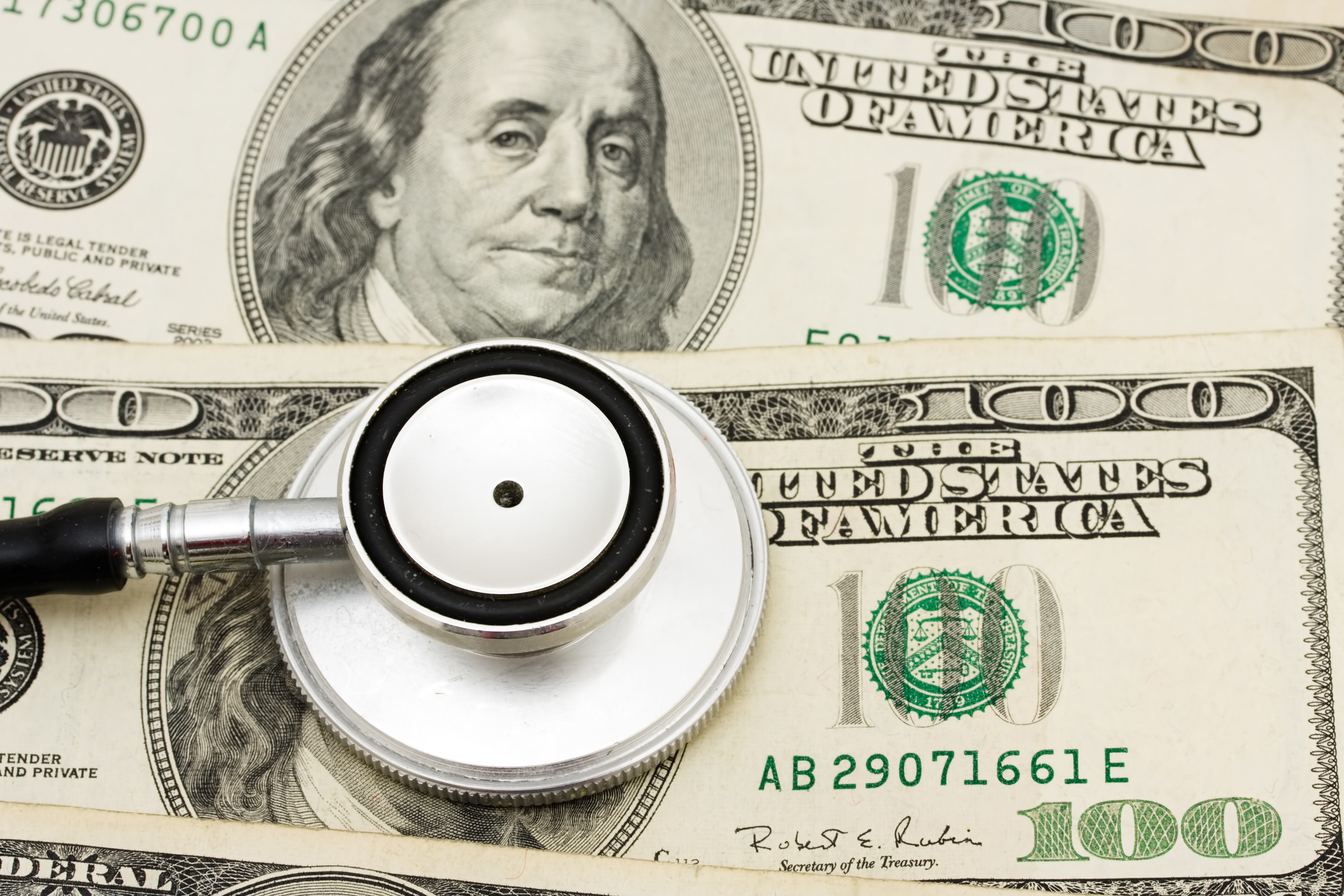State physicians and psychiatrists for Connecticut’s Department of Mental Health and Addiction Services received two additional step increases to their pay scale as part of the bevy of union contracts approved with the 2017 SEBAC deal.
The SEBAC agreement granted a one time, $2,000 lump sum bonus to employees and a 7 percent general wage increase over two years, but in the case of top-tier doctors, additional pay steps of $2,500 will be added in 2019 and 2020.
The SEBAC raises will increase the pay of doctors at the top step of the RW-14 pay scale from $219,332 per year to $234,953.
Those doctors will then be able to earn an additional $5,000 per year with the two added steps, topping out their salary at nearly $240,000 per year.
According to the website Salary.com, the average salary for a psychiatrist in Connecticut in 2018 is $240,594.
But the state’s pay scale doesn’t necessarily limit the amount a physician can earn in a given year. A review of DMHAS employee compensation showed 92 employees – mostly psychiatrists — earned over the top step salary of $219,000 per year in 2017 because of shift differential payments.
Shift differential payments are a common practice in hospitals, which need staff 24 hours a day, but the differential for doctors can drive their wages significantly higher — to nearly $400,000 per year in one case.
A psychiatrist at Connecticut Valley Hospital received a salary of $213,384 in 2017, but also received an additional $184,400 in differential payments.
A staff psychiatrist at South Eastern Mental Health Authority earned $185,251 in wages with an additional $71,960 in differential payments.
Differential payments are meant to be an incentive for an employee to work evenings, nights, weekends and holidays. According to the bargaining contract the differential is calculated as a percentage of pay.
Differential payments are also counted toward an employee’s pension. Fringe benefit costs for employees add additional tens of thousands of dollars in labor costs. The 2018 fringe benefit rate for a typical state employee is 64.3 percent of payroll, according to the State Comptroller’s Office.
According to the contract, the shift differentials are meant to recruit and retain staff.
The agreement with the P-1 bargaining unit, part of SEIU 1199 New England Healthcare Workers, also increased annual bonuses from for physicians certified in additional areas of practice from $3,000 to $5,000.
Psychologists working for the Whiting Forensic Institute will continue receiving an annual bonus of $10,000 according to the contract.
There is also a $30,000 sign on bonus with a five-year employment commitment.
Step increases – also known as annual wage increases – are generally given each year to an employee on the anniversary of their hire. Step increases differ from general wage increases.
Because of the state’s fiscal problems, state employee wages were frozen, which meant regular step increases ceased between 2016 and 2018.
However, starting in July of this year, employees were given a $2,000 lump sum bonus and were able to receive their step increases again. Employees will then receive two general wage increases of 3.5 percent in 2020 and 2021.
The wage increase is estimated to cost the state $353.8 million in 2021.

